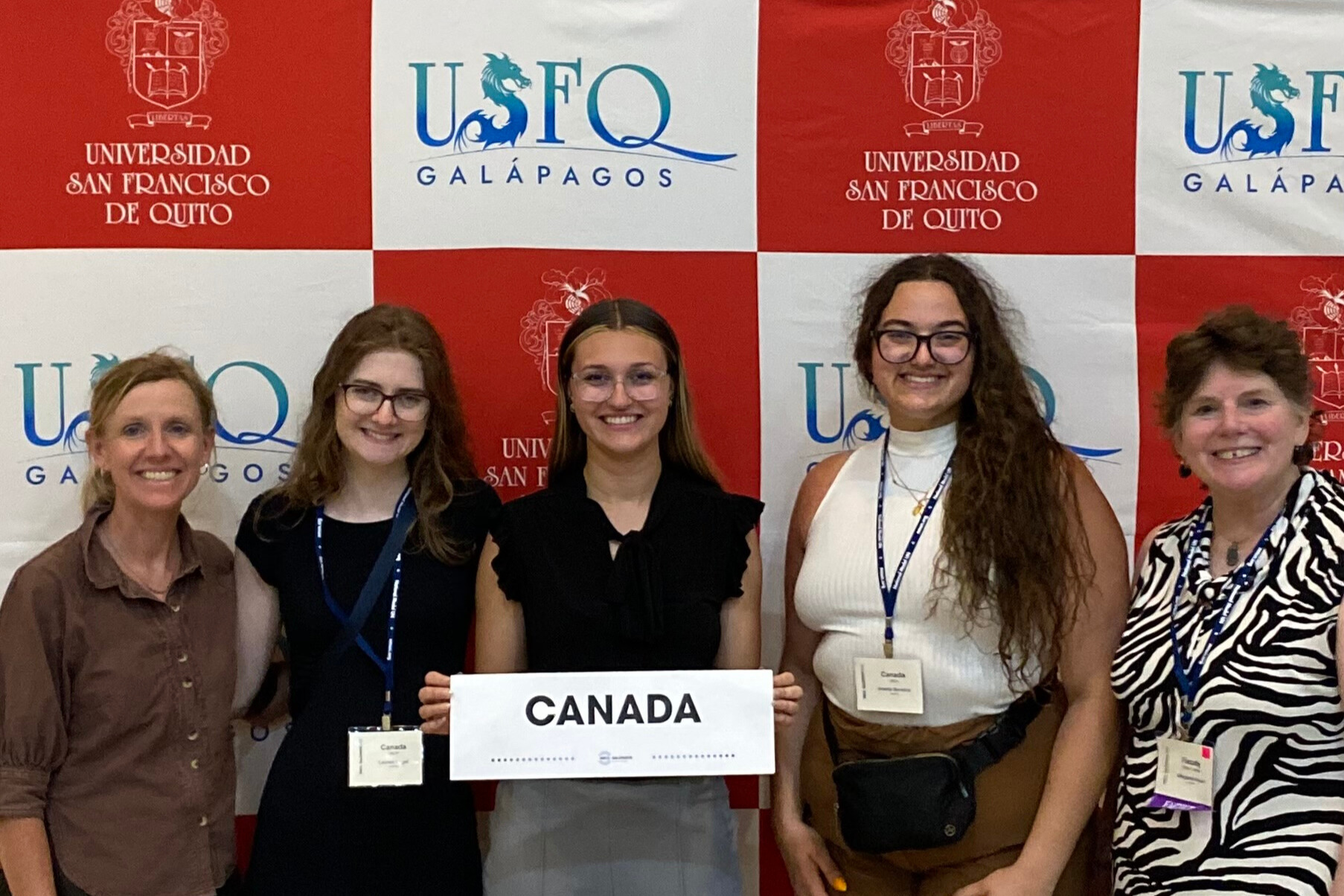King’s Education Students Help Identify Communication Software Limits for Children with Special Learning Needs
The research of three King’s College students was featured in an academic article entitled “What We Have Here is a Failure to Symbolate: A Comparison of K-5 Academic Vocabulary and Symbols,” which helps teachers identify limitations with communication software tools commonly used by students with complex learning needs.
King’s students Audrey Martin, of Doylestown, Pa., Kristina Keithley, of Elkon, Md., and Chloe Weaver, of Lehman, Pa., worked with lead contributor Andrew Wojcik, Ph.D., a professor with the King’s College education department.
The article appeared in the Education Training in Autism and Developmental Disabilities published by the Council for Exceptional Children.
Young children with developmental disabilities often rely on specialized software in computers, cellphones, and tablets that allows them to use symbols for self-expression and conversation with others. Martin, Keithley, and Weaver’s research indicates that the picture libraries in these communication tools frequently do not match the vocabulary necessary to participate in K-5 classrooms, which limits their effectiveness in an educational environment without extensive customization and modification.
“Identifying limitations in the communication software can help teachers more quickly support students with complex needs,” said Dr. Wojcik. “Overcoming barriers to inclusion and promoting the inherent dignity of students with specialized communication challenges is an important mission, and we’re proud of our undergraduate students who made invaluable contributions to this report.”
Keithly is currently a graduate student at King’s College and a women’s soccer team coach. Martin is also a graduate student and an assistant coach for the women’s ice hockey team. Weaver is a special education teacher at Boyertown Area School District.
The project was part of a multi-college collaboration with Donna Gilles, Ed. D., from Virginia Commonwealth University, as well as Alison King, Ph.D., and Delanie Amend from Longwood University.


